Originally published: Nov 9, 2009.
Saving the planet may well stem from the small act of many, than bigger actions undergone by the few. One restaurant chooses to participate in a city-wide program, recycling its food waste into reusable garden compost—the owner explains her reasons for commercial composting.
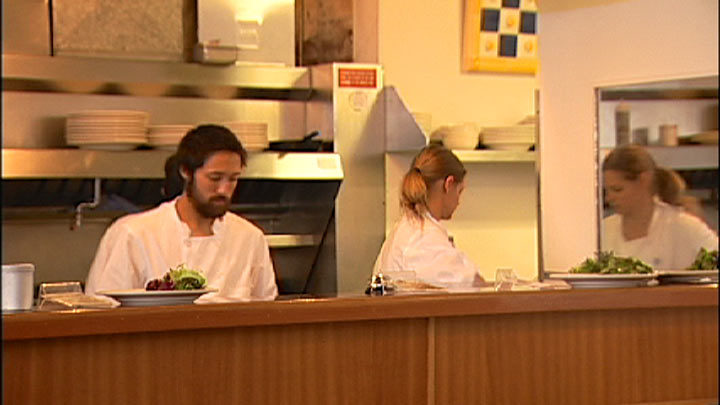
I started composting much of my food scraps last year. I wanted to start a vegetable garden and I felt the two go hand in hand. I always struggled with the first steps of composting. How do you do it? Yes, I have a container, but what’s the ratio between food and grass cuttings? What about the smell? What about the critters? Is it so complicated that I will regret I added one more chore to my life?
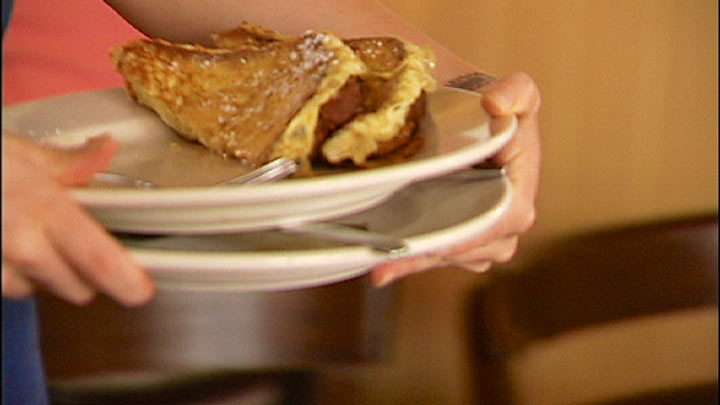
Fortunately, my good friend, Mary, came for a visit and got me started. She had been composting and gardening for years, and I knew she would be able to walk me through the process. I called her and gave her the heads up that this would be one of the items on our ‘to-do’ list while was here. She was game, and I’ve been successfully composting since.
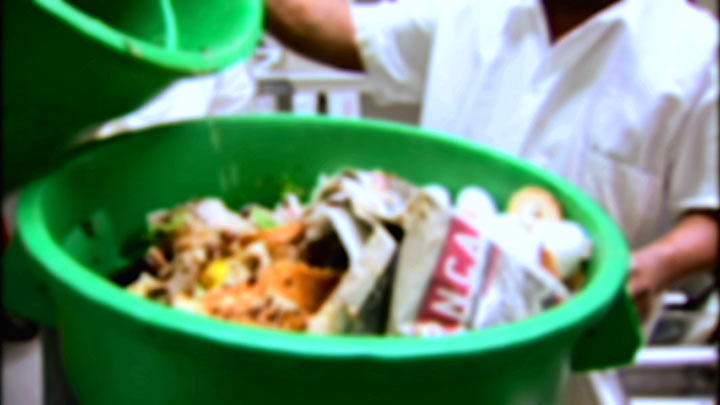
So here I was, taking the food from our family of five and recycling it into compost. I have always been very good at recycling paper, glass, and plastic, but I noticed by taking food out of my garbage pail, the amount going to the landfill had drastically reduced. This surprised me. Really surprised me.
Then I began thinking, if one household threw out this much uneaten food, how much food waste would a restaurant have? I’m not a big ‘let’s go out to eat’ person, but when we do, I notice many plates leave the table with food untouched. Now, I’ve worked in the restaurant industry, and I know once it goes out to the table, all uneaten food goes into the garbage. Now that adds up to a LOT of food. Can you picture it? Mounds and mounds of food waste piling up and rotting alongside broken furniture, outsized clothing, plastic containers, and forgotten toys? There had to be a better way.
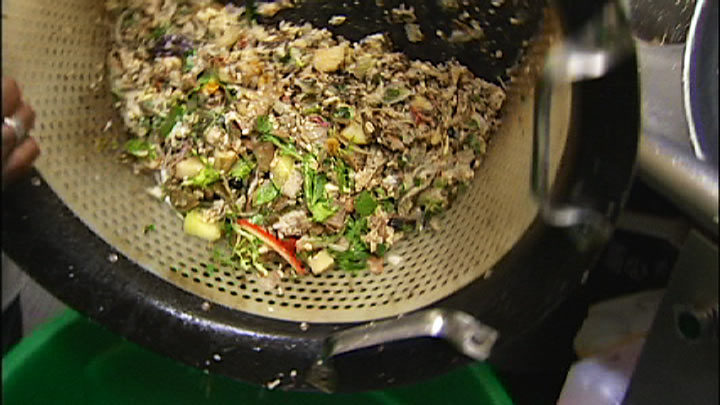
I had heard about a program at the Office of Sustainable Development called Portland Composts! This makes so much sense, but how does one go about learning how and what’s entailed? I set out to learn from one who knew firsthand, and I found that one of the best local and organic breakfast places in town has been participating in this program since its early days, the bijou café.
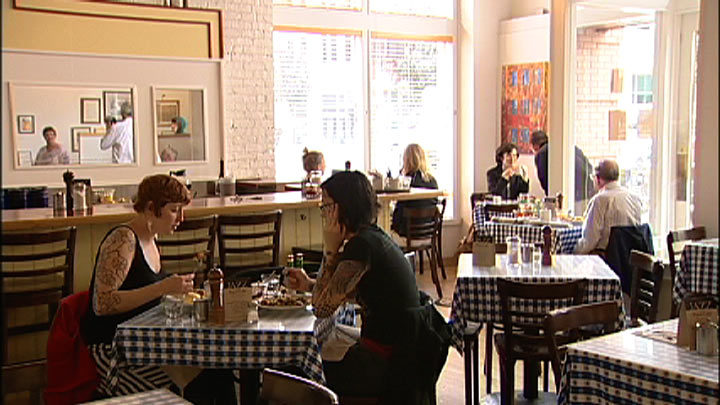
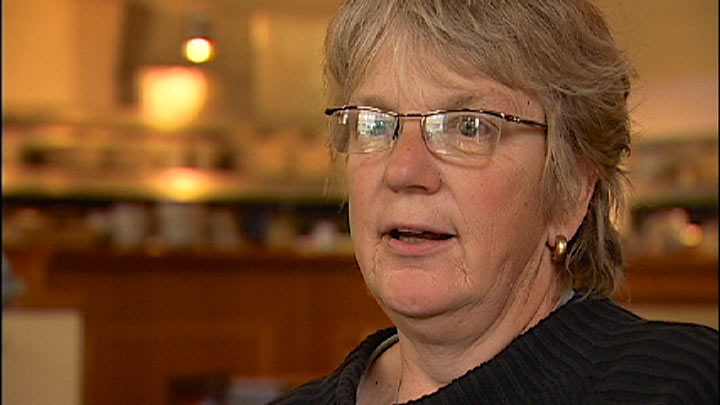
Kathleen Hagberg and the crew at the Bijou have made the change from going to the dump to going to the composter. And it wasn’t all that hard for them. It seems to be working in Seattle, and San Francisco too. Is it happening in your community? Can it happen there? If all the different parts (restaurant, collector, large scale compost company) come together, perhaps there is a chance to reduce some of the CO2 emissions occurring on this planet, after all.
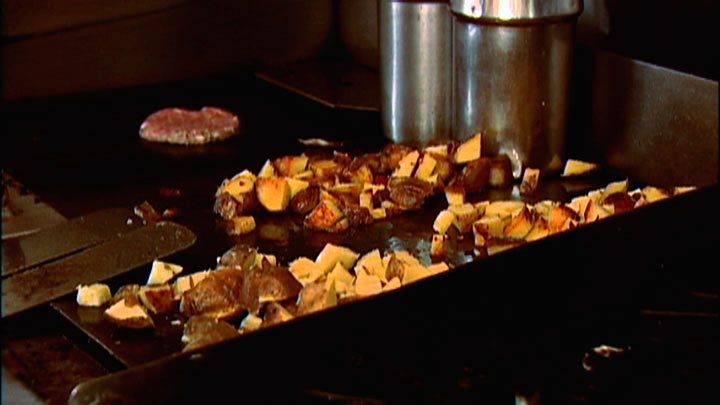
Recipes from this show: Blueberry Muffins; Oatmeal Pancakes
